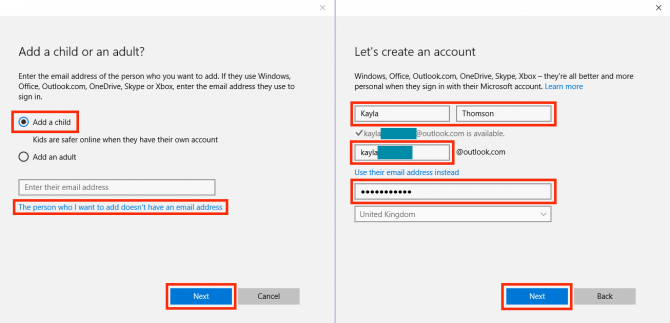
Steam, operated by Valve, stands as one of the largest online gaming platforms, boasting over 150 million registered users. Consequently, it becomes a prime target for hackers and scammers aiming at gamers.
Recent scams entice gamers with false promises of lucrative rewards, ultimately tricking them into divulging their credentials. This often results in credit card breaches and similar repercussions. While we’ve previously encountered malware and phishing attacks, new methods have emerged for pilfering PC gamers’ login information.
Hackers’ tactics have evolved, with scams becoming more sophisticated, especially in phishing for credentials. Kaspersky Lab has identified new-age Steam scams:
Lotteries
Online stores entice gamers with cheap games or add-ons, often selling unauthorized serial keys. While not always fraudulent, this practice is shady and unethical. Users’ credentials may be compromised through unknown lottery algorithms.
Free Gear Baits
Despite its age, phishing remains a persistent threat to online gamers. Deceptive links, often masquerading as offers for free giveaways or exchanges, are frequently disseminated via email, comments on forums, or social media.
While these links may contain the keyword “Steam,” they are not official and are designed to harvest user data. Users are often prompted to input their login details, providing attackers with the opportunity to steal credentials. Subsequently, compromised accounts are typically sold after the hackers modify the information.

Significant Game Discounts
To buy multiple games at a low price, some users opt for stolen Steam accounts, which come with pre-purchased games. This appeals to those seeking shortcuts to success and achievements without much effort.
While it may initially seem like a good deal, second-hand buyers often find themselves empty-handed when the original owner reclaims the account, resulting in lost money due to the absence of laws governing stolen accounts.
Useful Apps
Hackers often attempt to sell various applications or add-ons promising enhanced privacy and security for Steam accounts. Unfortunately, many gamers fall for these claims without verifying them or checking reviews from previous users.
Many applications turn out to be phishing attempts, risking easy theft of Steam login credentials.
Avoiding Steam Frauds
The best practice is to be cautious of scams and avoid enticing offers. Gamers should avoid clicking unreliable links. Users must be cautious when sharing personal information after clicking on email links. Additionally, it’s crucial to purchase all games and enhancements from official stores, regardless of tempting deals.
Furthermore, users can enable two-factor authentication using services like Steam Guard for added security. To combat malicious links, utilize a reliable anti-virus application or the Microsoft-released Windows Defender extension for Chrome.

Pritam Chopra is a seasoned IT professional and a passionate blogger hailing from the dynamic realm of technology. With an insatiable curiosity for all things tech-related, Pritam has dedicated himself to exploring and unraveling the intricacies of the digital world.



